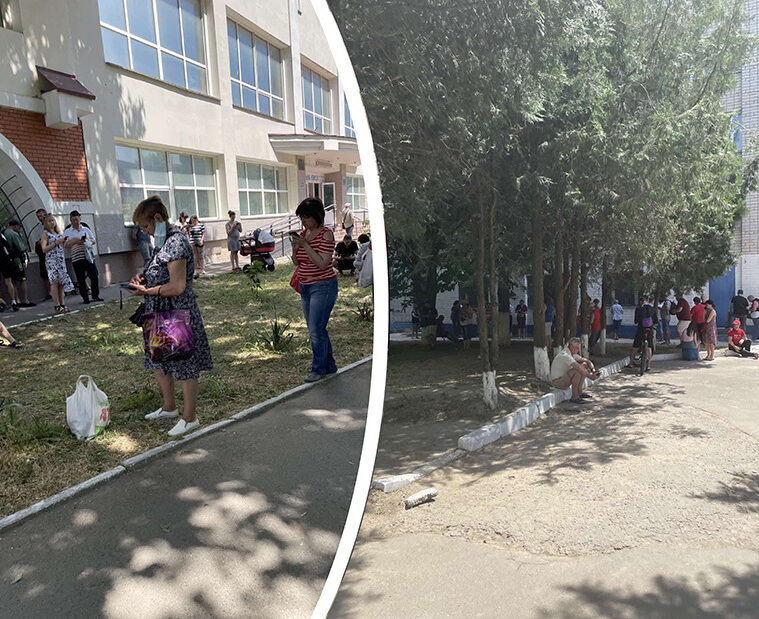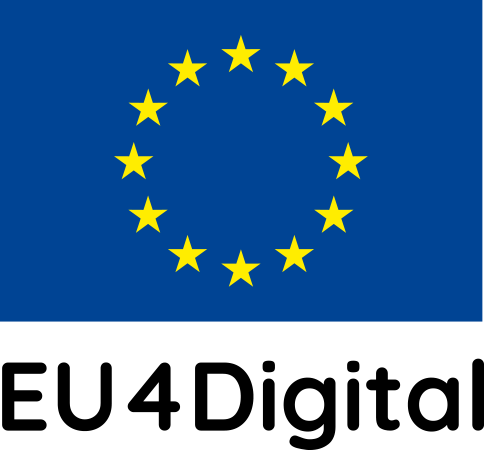
Ukraine under occupation: the critical role of digital technologies in sustaining education
From the early days of the Russian invasion, Kherson National Technical University (KNTU) in Ukraine has faced unprecedented hurdles. With buildings damaged and the community dispersed, the transition to remote operations was immediate but fraught with complications. The isolation brought on by the occupation severed the university’s physical connections to the rest of Ukraine, but not its spirit or determination to continue its academic mission.
In these challenging circumstances, digital technologies emerged as a beacon of hope, facilitated by the URAN Association, Ukraine’s National Research and Education Network (NREN). URAN played a crucial role in ensuring that the academic and research pursuits at KNTU could continue during the war and occupation.
The mission of URAN, led by Yevhenii Preobrazhenskyi, is to sustain and advance education and science in Ukraine through network technologies and digital services tailored for the academic community.
“For example, we assist in establishing distance learning and international cooperation, constructing the institutions’ internal network. We offer access to electronic research infrastructures and secure channels for the swift exchange of big scientific data,” he said.
URAN’s response to the increased demands of wartime was quick and innovative. Amidst rocket attacks and power outages, the team worked tirelessly to maintain network functionality. A significant pivot involved restructuring the network architecture to minimise energy dependencies, ensuring uninterrupted service even in the absence of electricity. This resilience allowed URAN to provide uninterrupted access to digital resources, a lifeline for KNTU and other institutions under duress.
The war not only accelerated the adoption of digital technologies but also highlighted the critical need for data security and remote access to educational resources. URAN facilitated the migration of KNTU’s IT infrastructure to cloud services, safeguarding academic data against the physical threats of warfare. This was made possible through URAN’s participation in GÉANT and OCRE. In addition, the availability of eduroam enabled global access for displaced students and faculty, ensuring the continuity of education and research for many of them from any corner of the world.
University under occupation
KNTU’s journey through occupation and displacement underscores the institution’s resolve. Under the guidance of Oleksandr Melnychenko, the head of KNTU’s IT department, the university embarked on an arduous process of digitising paper-based resources and securing electronic data. Even as the occupying forces took control of KNTU’s premises, the university’s academic activities persisted, shielded by the cloud and facilitated by URAN’s support.
The partnership between KNTU and URAN also extended to the logistical challenges of evacuation and resettlement. The relocation to Khmelnytskyi was marked by the immediate re-establishment of the university’s digital infrastructure, thanks to URAN’s assistance. This swift restoration of operations in a new city exemplified the collaboration’s effectiveness in preserving the continuity of education and research under the most adverse conditions.
“Not all institutions from the occupied territories managed to preserve and restore their information systems. We succeeded thanks to the dedication of our employees who repeatedly risked their lives, and thanks to the collaboration, developed in times of peace, with domestic and international partners,” said Melnychenko.
URAN’s efforts went beyond technical support; they were instrumental in creating a sense of community and solidarity among displaced educators and students. By facilitating internet access and communication channels, URAN has helped maintain a semblance of normalcy and connection for those affected by the occupation.
Navigating ongoing challenges
As KNTU and URAN navigate the ongoing challenges of war, their story is one of resilience, innovation, and unwavering commitment to education and knowledge. The experiences of Melnychenko and Preobrazhenskyi, alongside their teams, reflect a broader struggle for intellectual freedom and the preservation of cultural and academic heritage in the face of conflict. Their efforts are not only ensuring that KNTU’s academic mission continues but also highlight the potential of digital technologies for overcoming the barriers imposed by war and occupation.
The collaboration between KNTU and URAN stands as a testament to the power of unity, innovation, and perseverance. As Ukraine continues to face the uncertainties of conflict, the role of digital technologies and collaborative networks in sustaining education and research becomes ever more crucial. Through their pioneering efforts, KNTU and URAN, with the support of the broader pan-European GÉANT community, are not only navigating immediate crises and ongoing uncertainties, but also laying the groundwork for a future where Ukrainian education and science can thrive in peace time, both nationally and on the global stage.
This is an edited version of a story first published on the EaPConnect website: Resilience and transformation: Ukrainian universities in times of occupation and digital change
Featured image: Kherson residents gather outside KNTU buildings for internet connectivity. Photo credit: KNTU
For more information please contact our contributor(s):


